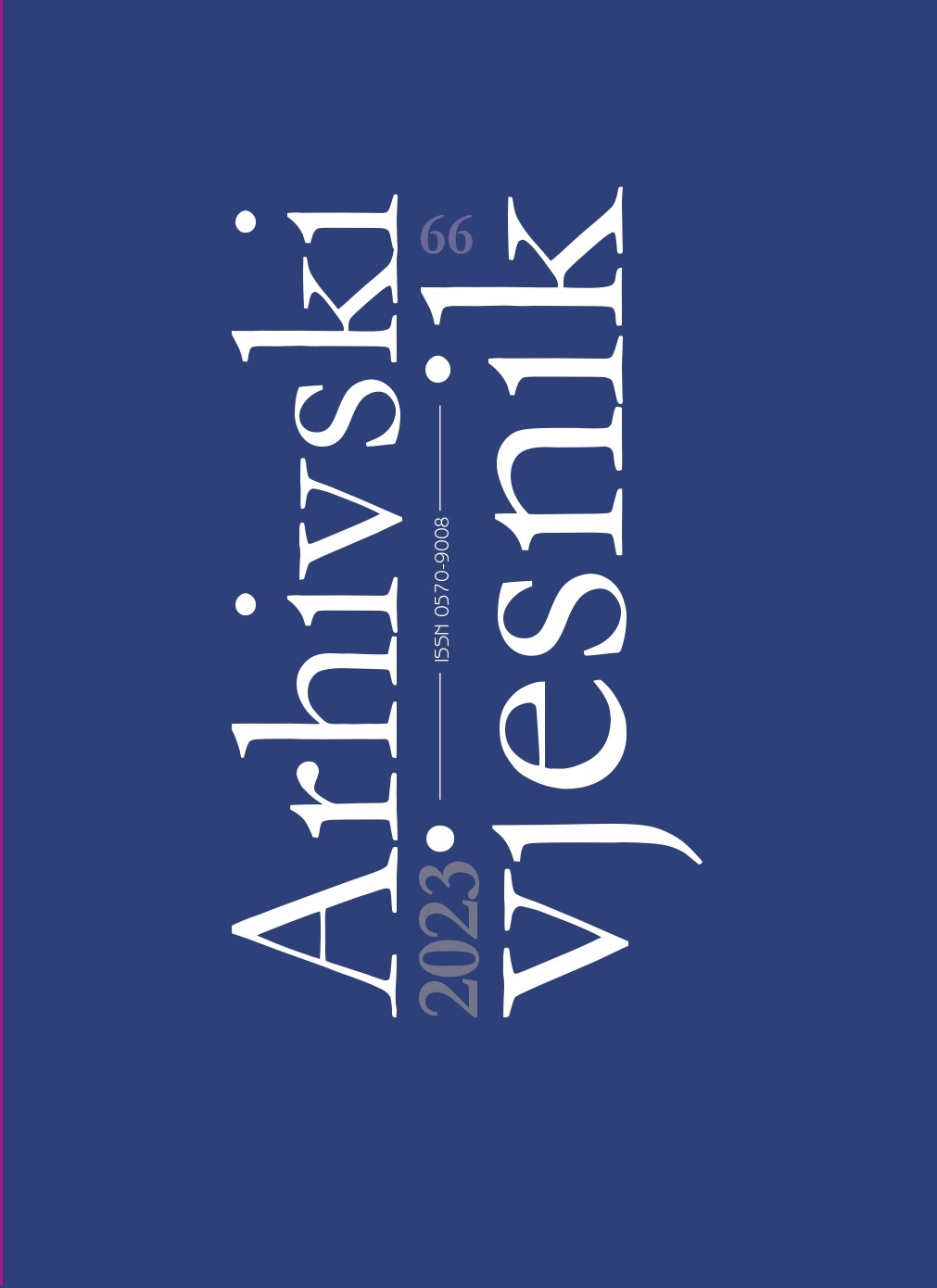Archival Institutions and Women’s Migrations: Overview of the Role of the Croatian State Archives in the COST Action Women on the Move (WEMov)
DOI:
https://doi.org/10.36506/av.66.10Keywords:
female history, migrations, emigration, Women on the Move, archival sources, COSTAbstract
In this paper the author gives an overview of COST action 19112 – Women on the Move (WEMov), in which the Croatian State Archives (CSA) also participates. WEMov is one of the numerous actions financed by the European COST organization and is a significant scientific initiative. Its scope is international and deals with women’s migrations from an interdisciplinary perspective, both through history and contemporary migrant issues and challenges faced by “women on the move”. Along with about 40 other European countries, Croatia and the Croatian State Archives are participating in WEMov’s campaign. The author is a representative of the CSA and a WEMov Working Group 1 leader, entitled “Sources, Limits & Constraints”. This group aims to identify and describe primary sources on the history of women’s migrations preserved in European archives, libraries, museums and other institutions that keep this documentation. Archives are essential in this action, especially for Working Group 1, because they preserve primary sources that reveal information about different types of women’s migrations. This information and that collected from other WEMov working groups will be further disseminated and made visible to the general public in various ways through the project. CSA preserves many fonds and collections that witness the presence and mobility of women in Croatia and abroad.
In addition to describing the project the paper gives an example of an archival unit of records in one of the most important fonds containing documentation on female migrations – the Institute for Migration and Ethnic Studies, described in the framework of WEMov. The archival unit entitled “Questionnaires about temporary workers abroad” provides much information about the lives of women who were part of the economic migrations from Croatia/Yugoslavia to Western European countries in the 1960s. Using this example, the researcher can gain an insight into the complex lives of these women abroad and the difficulties they were exposed to. We hope that the description of this unit of the ZMIN fonds and numerous others in the soon-to-be online catalogue of the WEMov action will encourage researchers to further research and publish works on the topic, which until now had been relatively neglected in historiography.


